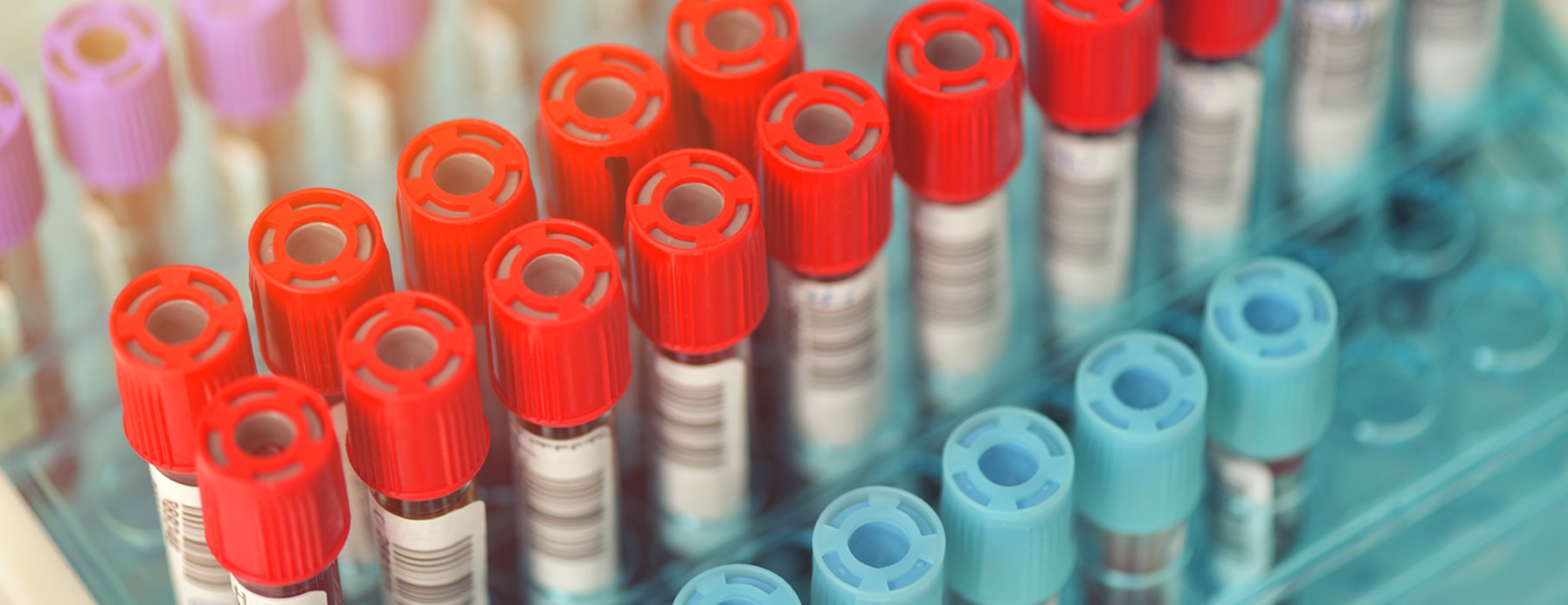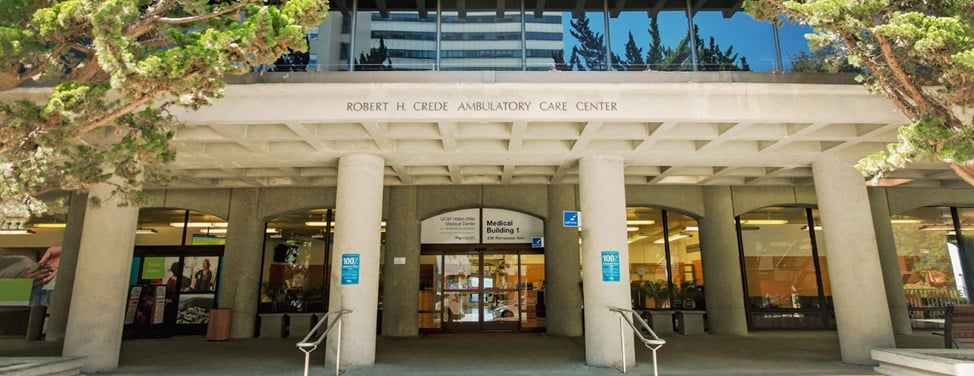
Transplant Screening Tests
Regardless of the type of kidney transplant you may undergo – living or cadaveric – special blood tests are needed to determine the kind of blood and tissue you have. These test results help to match a donor kidney to your body.
Blood type testing
The first test establishes your ABO blood type. There are four blood types: A, B, AB, and O, and everyone fits into one of these inherited groups. The recipient and donor must have either the same blood type or compatible ones. The Rh type (+, -) is not a factor in donor matching.
Human leukocyte antigens (HLA)
The second test, which is a blood test for human leukocyte antigens (HLA), is called tissue typing. These antigens are substances found on many cells of the body, but are mostly seen on white blood cells. Tissue type likeness between family members may range from identical (100 percent) to zero. The tissue type of all potential donors is considered in donor selection.
The prospective recipient and all interested family members and non-relatives can make the appropriate arrangements with the transplant team for the tissue-typing test. No special preparation is required and results are available within two weeks. Pre-packaged kits with specific instructions about how to collect and return blood samples are available to mail to out-of-town relatives. The necessary blood can be drawn at a local doctor's office or hospital laboratory and sent back to the transplant service.
Crossmatch
Throughout your life, your body makes substances called antibodies that act to destroy foreign materials. You may make antibodies each time you have an infection, are pregnant, have a blood transfusion or undergo a kidney transplant. If you have antibodies to the donor kidney, your body will destroy the kidney. For this reason, when a donor kidney is available for you, we conduct a test to insure that you do not already have antibodies to the donor. This test is called a crossmatch.
The crossmatch is done by mixing your blood with cells from your donor. If the crossmatch is positive, it means that you have antibodies against the donor and should not receive this particular kidney. If the crossmatch is negative, it means you do not have antibodies to the donor and that you are eligible to receive this kidney.
Crossmatches are obtained several times during preparation for a living-related donor transplant, particularly if donor-specific blood transfusions are employed. A final crossmatch also is performed within 48 hours before the transplant.
Serology
Blood testing is conducted for potentially transmissible diseases, such as human immunodeficiency virus (HIV), hepatitis and cytomegalovirus (CMV).
UCSF Health medical specialists have reviewed this information. It is for educational purposes only and is not intended to replace the advice of your doctor or other health care provider. We encourage you to discuss any questions or concerns you may have with your provider.
Becoming a living donor
Find out more
The gift of an organ offers someone another chance at life. If you have questions or would like more information, please send us an email at [email protected].
You can also explore details about UCSF Health's kidney care providers, patients and evaluation process.






